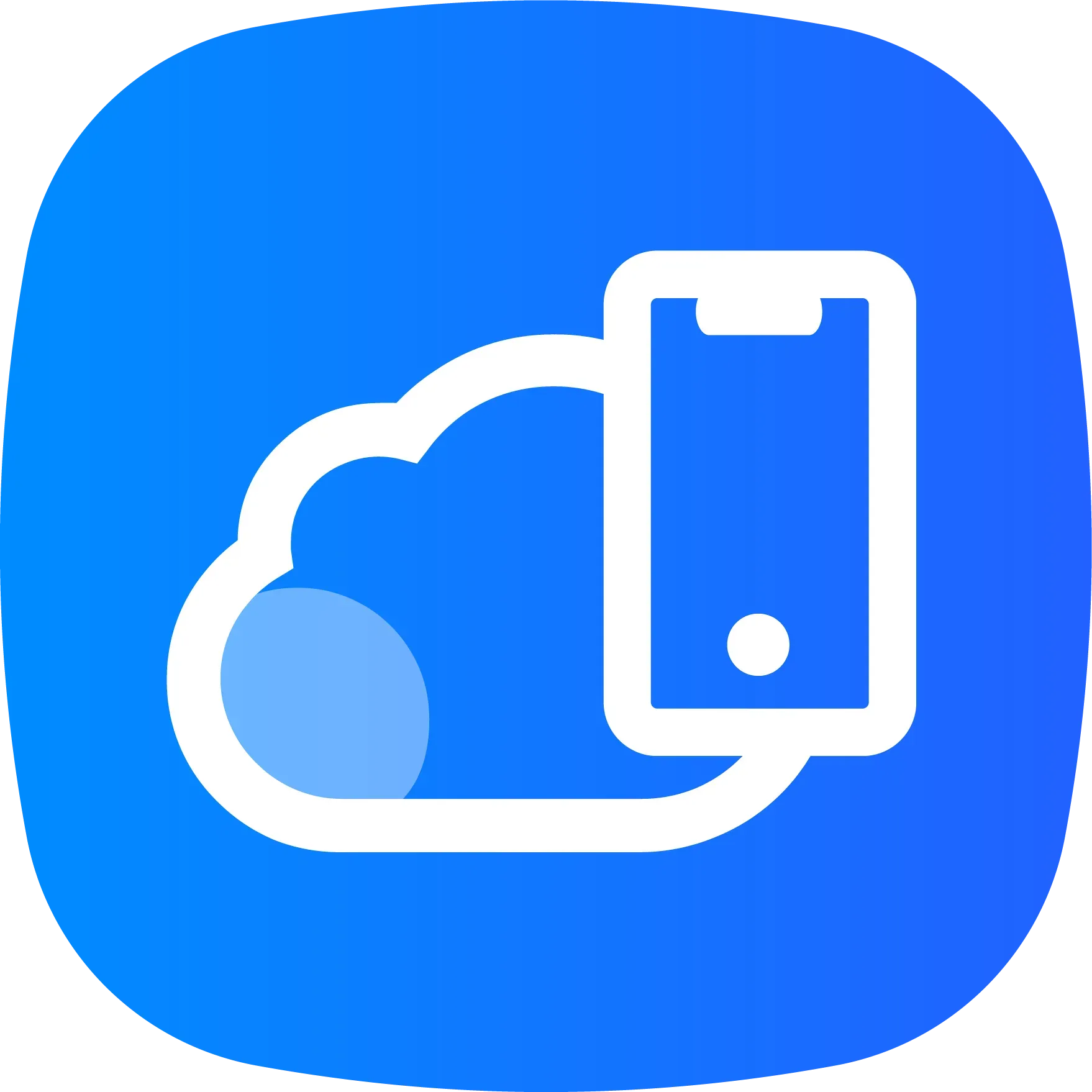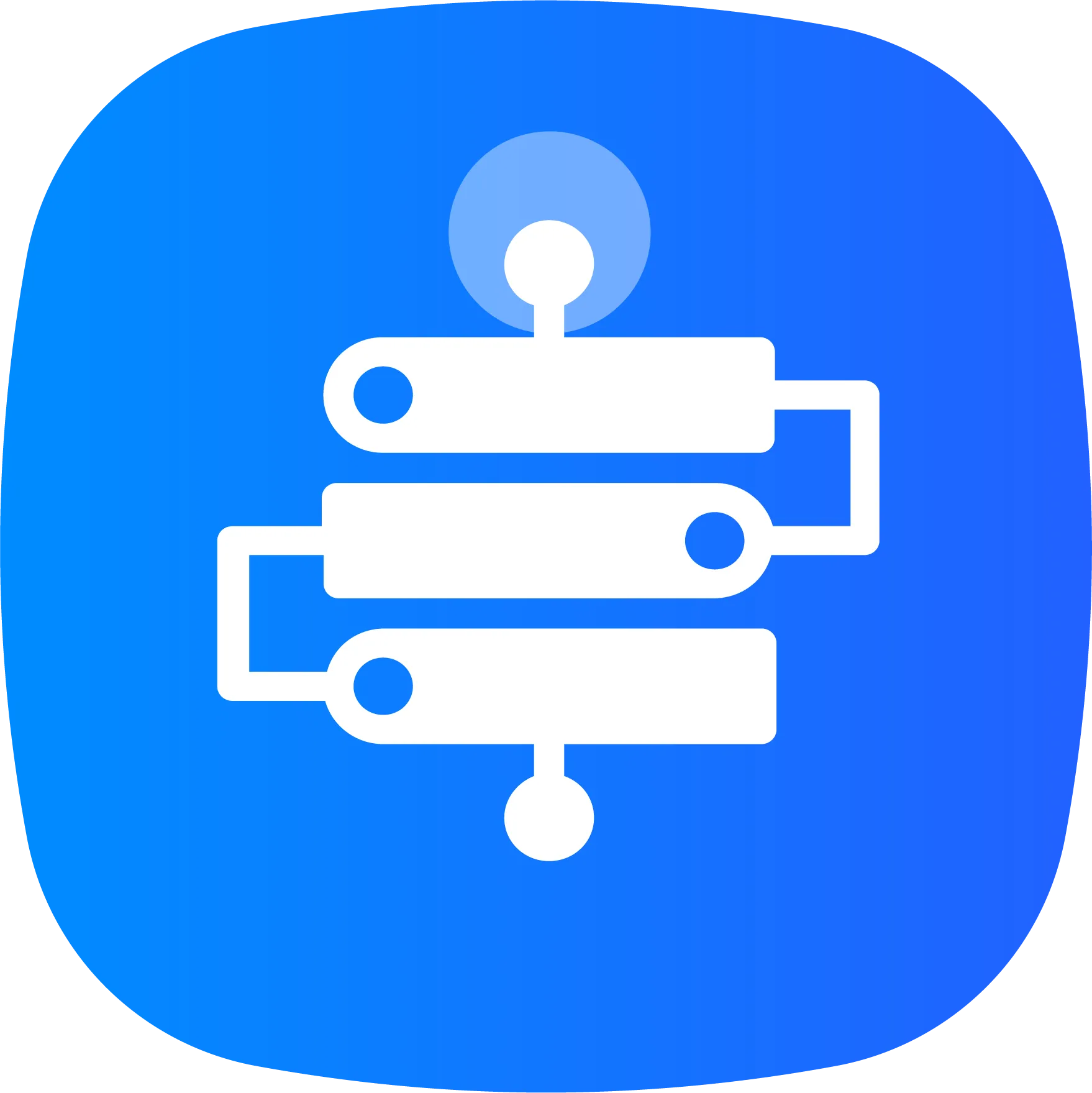Global IT supply chain
International transportation + IT O&M outsourcing + self-owned backbone network
Many people are unsure about the differences between cloud phones and emulators, both of which run on the Android system. It’s certain that cloud phones, as a newcomer, offer far more advantages compared to emulators, especially for managing multiple social platforms overseas. Let’s delve into the details!

Principle Differences between Cloud Phones and Emulators:
Cloud phones function like real devices, while emulators are computer programs.
Cloud phones utilize cloud computing, allowing users to control virtual cloud phones on cloud servers via mobile or desktop clients or web browsers. The Android system used in cloud phones is identical to that in physical devices, making the virtual cloud phone essentially a cloud-based real device system, albeit without a physical form.
Emulators are software programs that simulate mobile systems, enabling them to run smartphone apps.
Differences in Usage between Cloud Phones and Emulators:
Differences in Operation Scale:
Virtual cloud phones run on cloud servers, allowing users to remotely control any number of virtual cloud phones from a single device without consuming local resources or requiring specific hardware. A single person can establish a small-scale mobile studio and control thousands of virtual cloud phones remotely. Moreover, these phones never run out of battery or lose network connectivity.
Emulators consume the resources of the computer they run on. Even on high-end computers, running 20-30 instances simultaneously is considered a heavy load. Establishing such a mobile studio requires significant initial capital investment, and there are ongoing expenses for hardware wear and tear, electricity consumption, and internet fees.
Differences in Anti-Ban Measures:
Most mobile apps, such as TikTok, detect the devices running them, and using a non-mobile device raises the risk of being banned. Virtual cloud phones use real mobile chips, making them indistinguishable from real devices from the perspective of service providers, thus offering relatively greater security.
Emulators simulate mobile systems and are easily distinguishable from real smartphones by developers, leading to a higher risk of accounts being banned due to mass detection.
Advantages of Cloud Phones over Emulators:
Flexibility: Cloud phones can be operated from mobile or desktop devices and can be accessed virtually from anywhere, while emulators are limited to operation on desktop computers and lack versatility in many scenarios.
Unlimited Operation Scale without Hardware Restrictions: Since cloud phones operate in a cloud environment, they are not limited by the performance of physical devices and can theoretically run many devices simultaneously. Emulators, on the other hand, are constrained by the configuration of the computer, and running multiple instances requires higher hardware specifications, leading to potential performance issues on lower-end machines.
Higher Security and Anti-Ban Measures: Cloud phones perform on par with real devices in terms of manufacturer detection, while emulators are easily distinguishable and therefore at a higher risk of being banned.
In conclusion, for long-term and efficient usage, it is advisable to choose cloud phones, which not only offer convenience but also reduce the risk of bans and save time and manpower costs. For further information, feel free to consult OgPhone anytime!

International transportation + IT O&M outsourcing + self-owned backbone network

Cellular chips + overseas GPS + global acceleration network

Overseas server room nodes + dedicated lines + global acceleration network

Global acceleration network + self-developed patented technology + easy linking

Global Acceleration Network + Global Multi-Node + Cloud Network Integration


